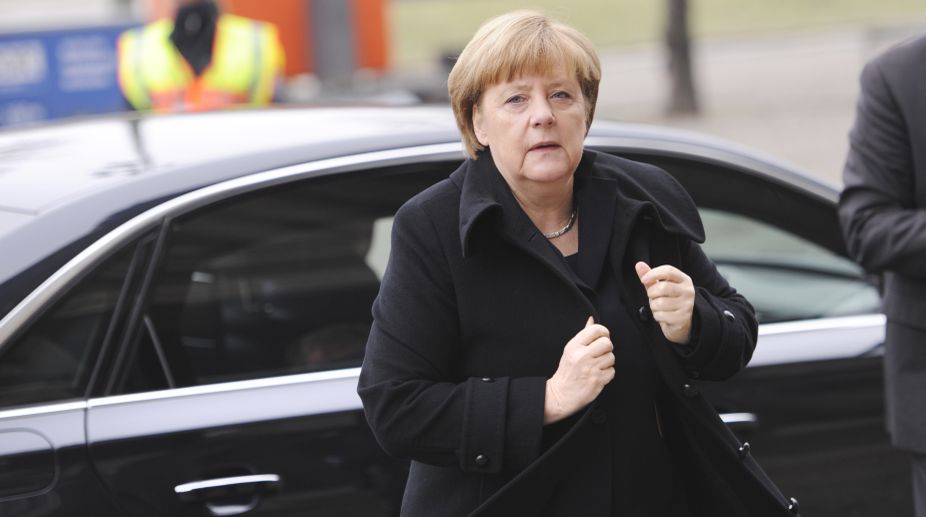THE outcome of the Dutch parliamentary elections comes at a critical juncture for Europe, amidst the increasingly distressing tendency to blend populism with nationalism. One can almost hear a collective sigh of relief across the Continent after the Dutch Prime Minister, Mark Rutte’s triumph against the challenge of the anti-Islam, anti-EU, populist Geert Wilders. There is little doubt that the high turnout has yielded a decidedly pro-European result, signifying what the German Chancellor, Angela Merkel, has called “a good day for democracy”, verily a victory for Europe’s libertarian values. The defeat of the far Right is no less a victory against furious extremism that has roiled the Continent and different parts of the world in recent years. The result can be contextualised with nationalist trends across the Atlantic since last November. Mr Rutte has emitted a signal to the likes of Donald Trump that the Netherlands bears witness to a vote for “free and tolerant societies”. The Dutch voter has betrayed a remarkable degree of responsibility and maturity in a crucial moment for Europe as a whole. Small wonder that the parliamentary result in a relatively small country has been greeted with overwhelming applause… as a robust expression of serious politics, responsible leadership, and a stout rejection of populism. The election will be documented for its pragmatism, and not for playing to a reckless gallery. The result conveys a signal too to France where the Right is straining every nerve for the electoral stakes this summer.
Beyond borders, the implications of the election are profound. Which alone explains why an influential swathe of the world was riveted to the vote. After Britain’s referendum to leave the EU ~ now fairly confirmed by both the Lords and the Commons ~ and President Trump’s intensely nationalist agenda, a victory for Geert Wilders, who had pledged to “de-Islamicise” the Netherlands and take the country out of the EU if he won, would have sent shockwaves across Europe in a potentially critical year. The French far-right leader, Marine Le Pen, who has pledged a referendum on EU membership if she is the next resident of Elysee Palace, is expected to make the runoff round in the presidential elections. Germany’s Eurosceptic Alternative für Deutschland (AfD) is said to be on course to win its first federal parliament seats later in the year. It is early days to speculate on a possible psephological swing across the Continent; but it shall be a great day in the contemporary history of Europe if this week’s Dutch vote can tilt the pattern generally. There may be hope yet for democracy, tolerance, religious denominations, and nationalities within one country. The world must keep its fingers crossed. Let Europe show the way to America.
Advertisement











